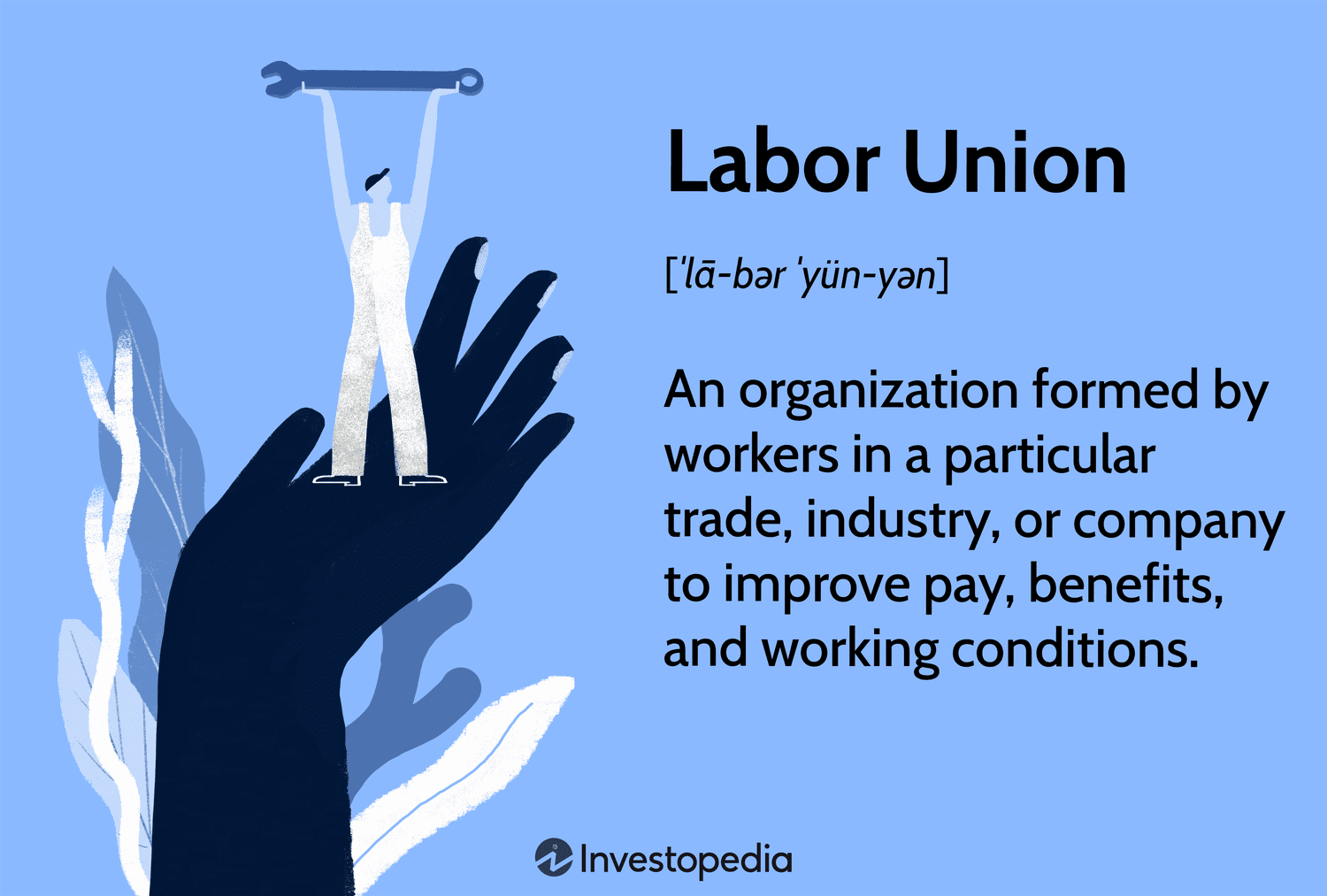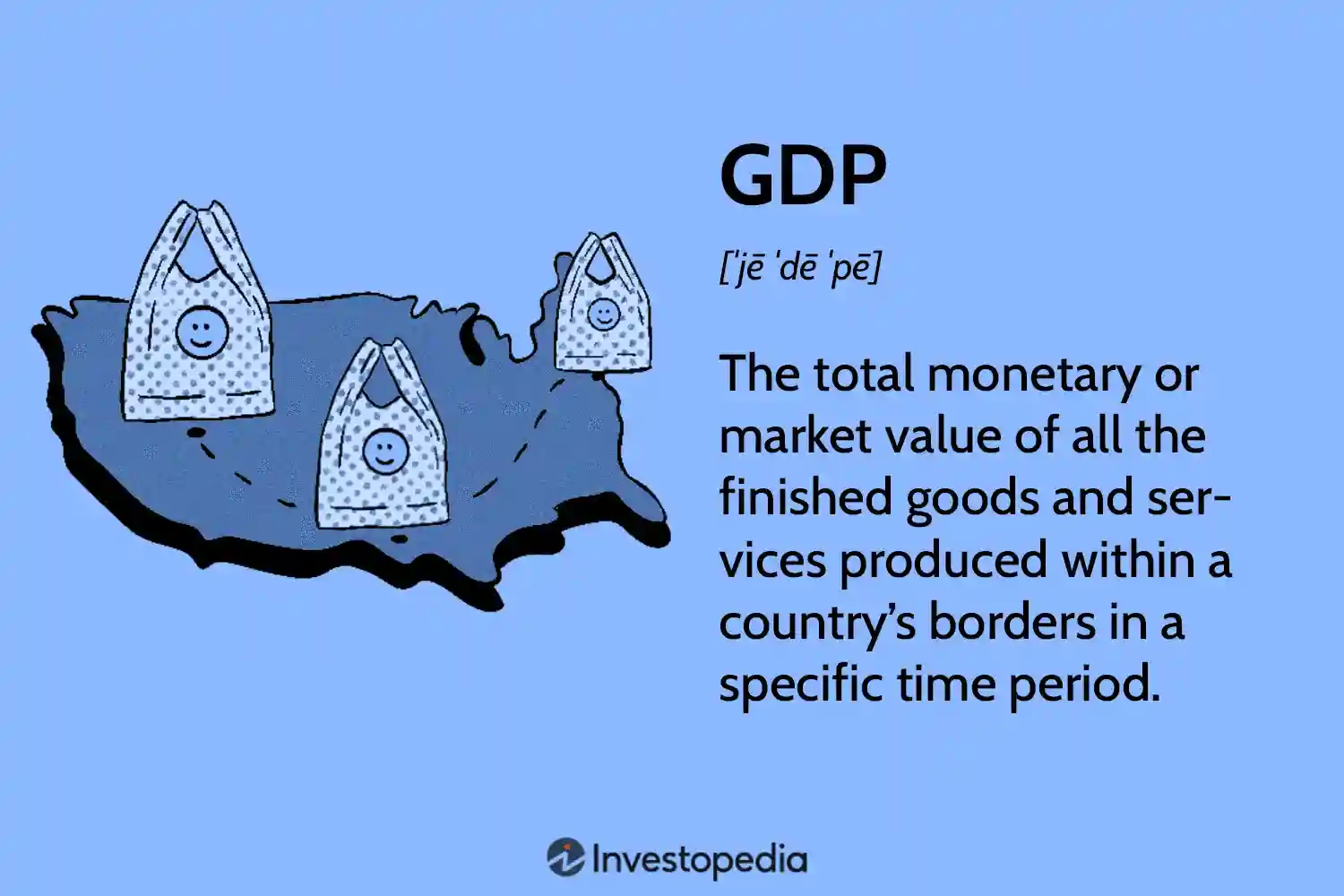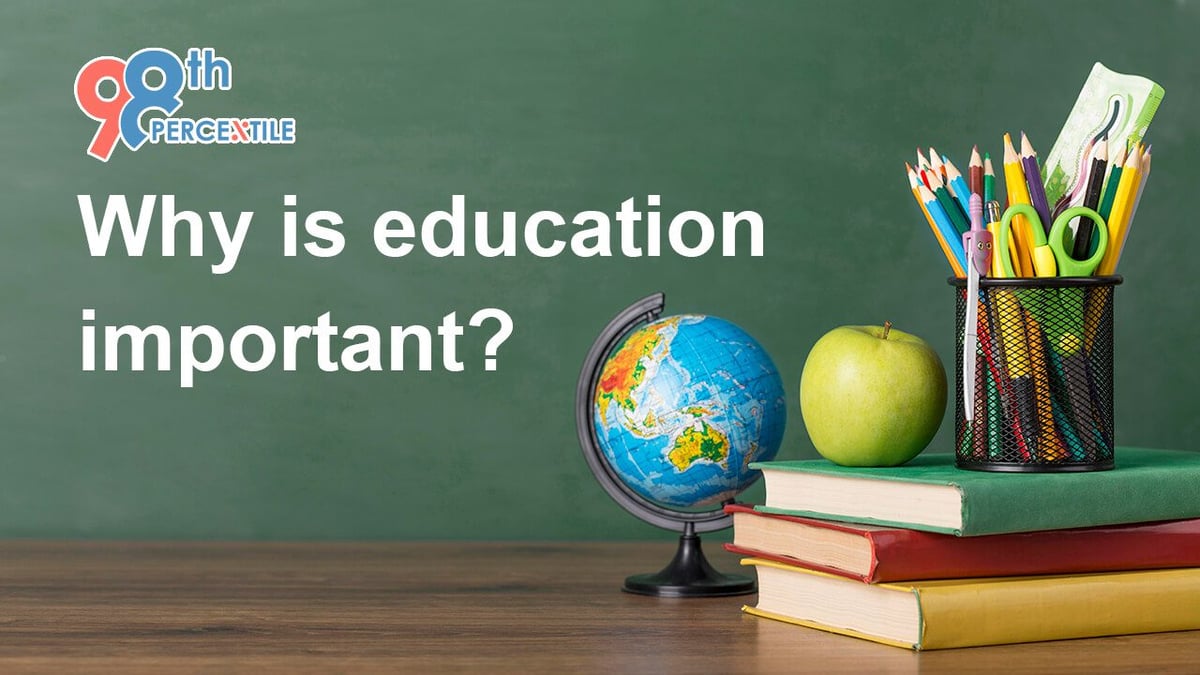What Is Higher Education?
Mia Wilson
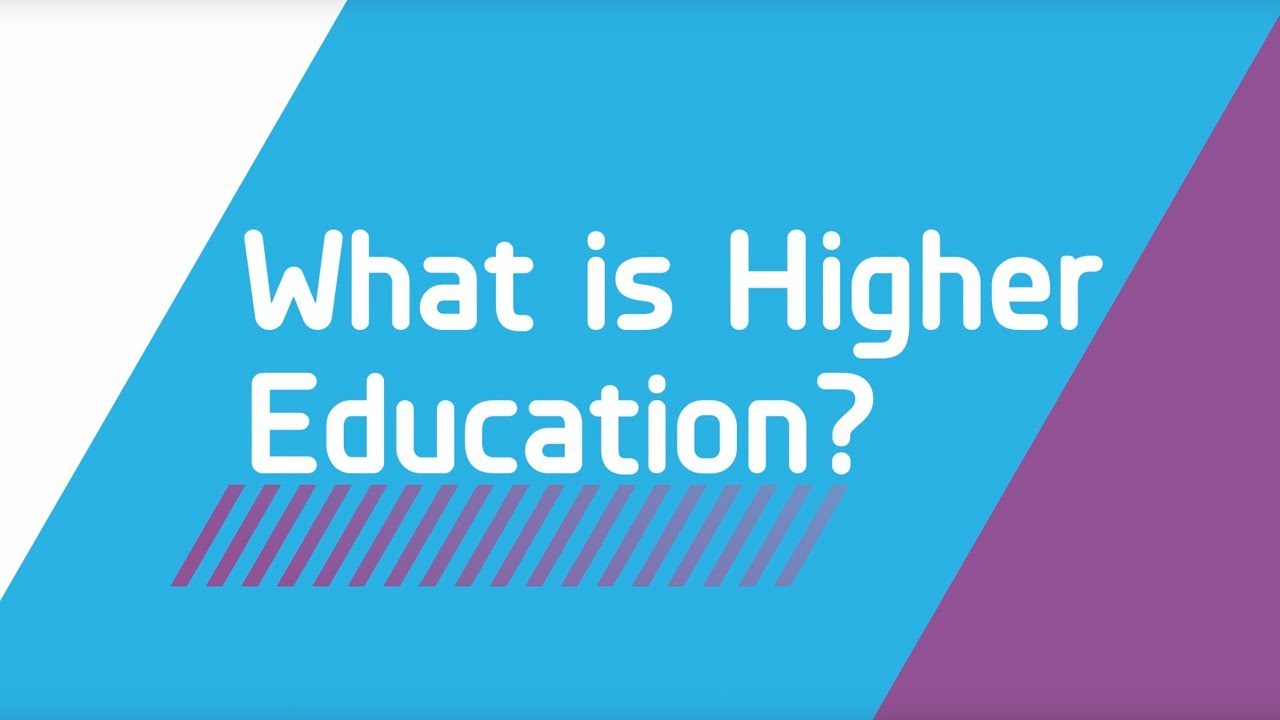
Photo: What Is Higher Education?
What Is Higher Education?
Higher education plays a crucial role in shaping individuals' careers, critical thinking abilities, and personal growth. While primary and secondary education lay the groundwork for basic knowledge and skills, higher education elevates learning by offering specialized knowledge and fostering intellectual maturity. But what exactly is higher education, and why is it essential in today's world?
Defining Higher Education
Higher education refers to the stage of learning that occurs at universities, colleges, and other post-secondary institutions. It typically includes undergraduate programs, postgraduate degrees, and professional certifications. Unlike earlier levels of education that focus on foundational knowledge, higher education emphasizes specialized study in specific fields such as science, humanities, engineering, medicine, and business.
Higher education institutions aim not only to impart knowledge but also to cultivate critical thinking, problem-solving, and research skills. As a result, graduates are better prepared to contribute meaningfully to their chosen industries and society at large.
The Importance of Higher Education in Modern Society
In today's fast-paced, knowledge-driven world, higher education is more important than ever. Below are some key reasons why pursuing higher education is valuable:
1. Enhanced Career Opportunities
One of the primary reasons people pursue higher education is to improve their career prospects. Many professions, particularly those in medicine, law, engineering, and academia, require advanced degrees. Even in fields where a degree is not mandatory, possessing one can give candidates a competitive edge in the job market.
Moreover, higher education is associated with higher earning potential. According to studies, individuals with bachelor's or advanced degrees tend to earn significantly more than those with only a high school diploma.
2. Skill Development
Higher education fosters the development of both hard and soft skills. Hard skills include technical abilities specific to a discipline, such as coding for computer science majors or laboratory techniques for biology students. Soft skills, on the other hand, include critical thinking, communication, teamwork, and adaptability skills that are transferable across various career paths.
3. Personal Growth and Intellectual Stimulation
Beyond career advancement, higher education offers individuals the chance to expand their intellectual horizons. Students are encouraged to question existing knowledge, explore new ideas, and develop their perspectives. This intellectual stimulation often leads to greater self-awareness and a more profound understanding of the world.
4. Social Benefits
Higher education also contributes to societal well-being. Educated individuals are more likely to participate in civic activities, volunteer, and engage in meaningful community work. Moreover, research conducted at universities often drives innovation, leading to advancements in technology, medicine, and public policy.
Different Types of Higher Education Institutions
Higher education institutions come in various forms, each catering to different educational needs and goals. Below is a brief overview of the main types:
1. Universities
Universities are large institutions offering a wide range of undergraduate and graduate programs. They are often research-oriented, with a strong emphasis on producing original academic work. Many universities have multiple schools or faculties dedicated to specific disciplines, such as arts, sciences, law, and medicine.
2. Community Colleges
Community colleges provide more accessible and affordable education options, typically offering two-year associate degrees or vocational programs. These institutions often serve as a stepping stone for students who later transfer to four-year universities.
3. Technical and Vocational Schools
These institutions focus on practical training in specific trades or industries, such as healthcare, technology, and skilled trades like plumbing and electrical work. They are ideal for students seeking hands-on experience and direct entry into the workforce.
4. Liberal Arts Colleges
Liberal arts colleges emphasize a broad-based education in the humanities, sciences, and social sciences. They are known for their smaller class sizes and a focus on undergraduate teaching.
Challenges Facing Higher Education
While higher education offers numerous benefits, it is not without its challenges. Some of the major issues facing the sector include:
1. Rising Costs
The cost of higher education has risen dramatically over the past few decades, placing a financial burden on students and their families. Student loan debt is a significant concern, particularly in countries like the United States, where many graduates face years of repayment.
2. Accessibility and Equity
Despite efforts to improve access to higher education, disparities persist. Students from low-income backgrounds, marginalized communities, and underrepresented groups often face greater obstacles in pursuing higher education. Addressing these inequities is essential to ensuring that education remains a pathway to opportunity for all.
3. Relevance to the Job Market
As the job market evolves, there is increasing pressure on higher education institutions to adapt their curricula. Critics argue that some programs do not adequately prepare students for the demands of the modern workforce. Collaboration between industry and academia can help bridge this gap.
The Future of Higher Education
The future of higher education is likely to be shaped by several key trends:
1. Digital Transformation
The COVID-19 pandemic accelerated the adoption of online learning. While traditional in-person education remains important, hybrid and fully online models are becoming more common. Digital tools also enable greater flexibility, making higher education more accessible to non-traditional students.
2. Lifelong Learning
In an era of rapid technological change, continuous learning is becoming the norm. Higher education institutions are increasingly offering short courses, micro-credentials, and professional development programs to help individuals stay competitive in the job market.
3. Globalization
Higher education is becoming more global, with students pursuing degrees in foreign countries and institutions forming international partnerships. This trend promotes cultural exchange and enriches the educational experience.
Conclusion
Higher education is a cornerstone of personal and societal advancement. It provides individuals with the knowledge, skills, and experiences needed to thrive in an increasingly complex world. While challenges such as rising costs and accessibility remain, the benefits of higher education from career development to intellectual growth make it a worthwhile investment for many. As the landscape of higher education continues to evolve, embracing innovation and inclusivity will be key to ensuring that it remains relevant and accessible to future generations.
For You
View AllLearn what labor unions are, their purpose, and their impact on workers' rights and industries. Click for key insights!
Mia Wilson
Avoid these 7 common solo travel mistakes to ensure your trip is smooth, safe, and filled with unforgettable experiences.
Mia Wilson
Understand GDP growth and its role in measuring economic progress. Find out why it matters to everyone!
Mia Wilson
Explore why education is vital for personal growth, career success, and societal progress. Start learning now!
Mia Wilson
Discover the key details of the Paris Agreement and its global impact. Learn why it matters and what you can do. Click to stay informed!
Mia Wilson
Discover the incredible benefits of solo travel. From personal growth to ultimate freedom, find out why going solo is life-changing!
Mia Wilson
Education
View All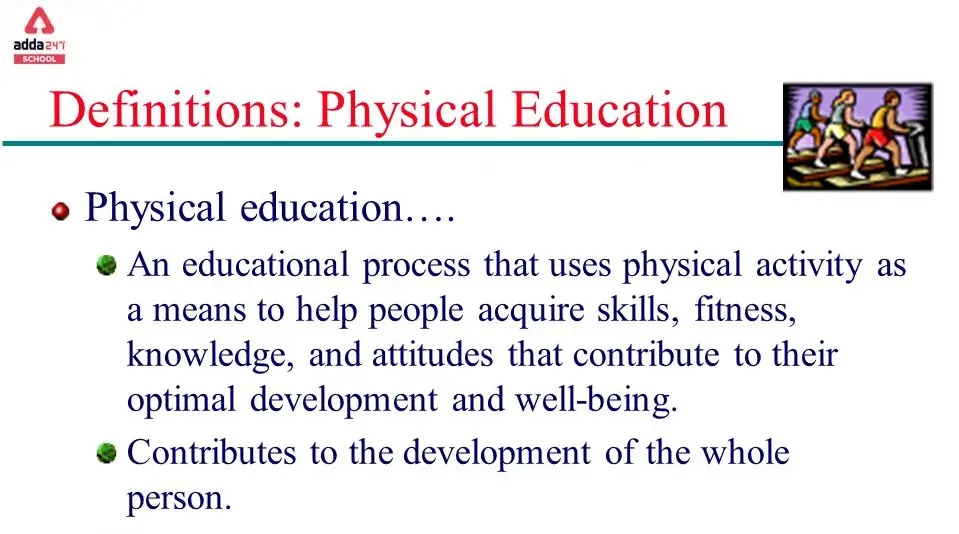
April 14, 2025
What Is Physical Education? Explained!
Discover the importance of physical education, its benefits, and why it's crucial for overall development. Learn more now!
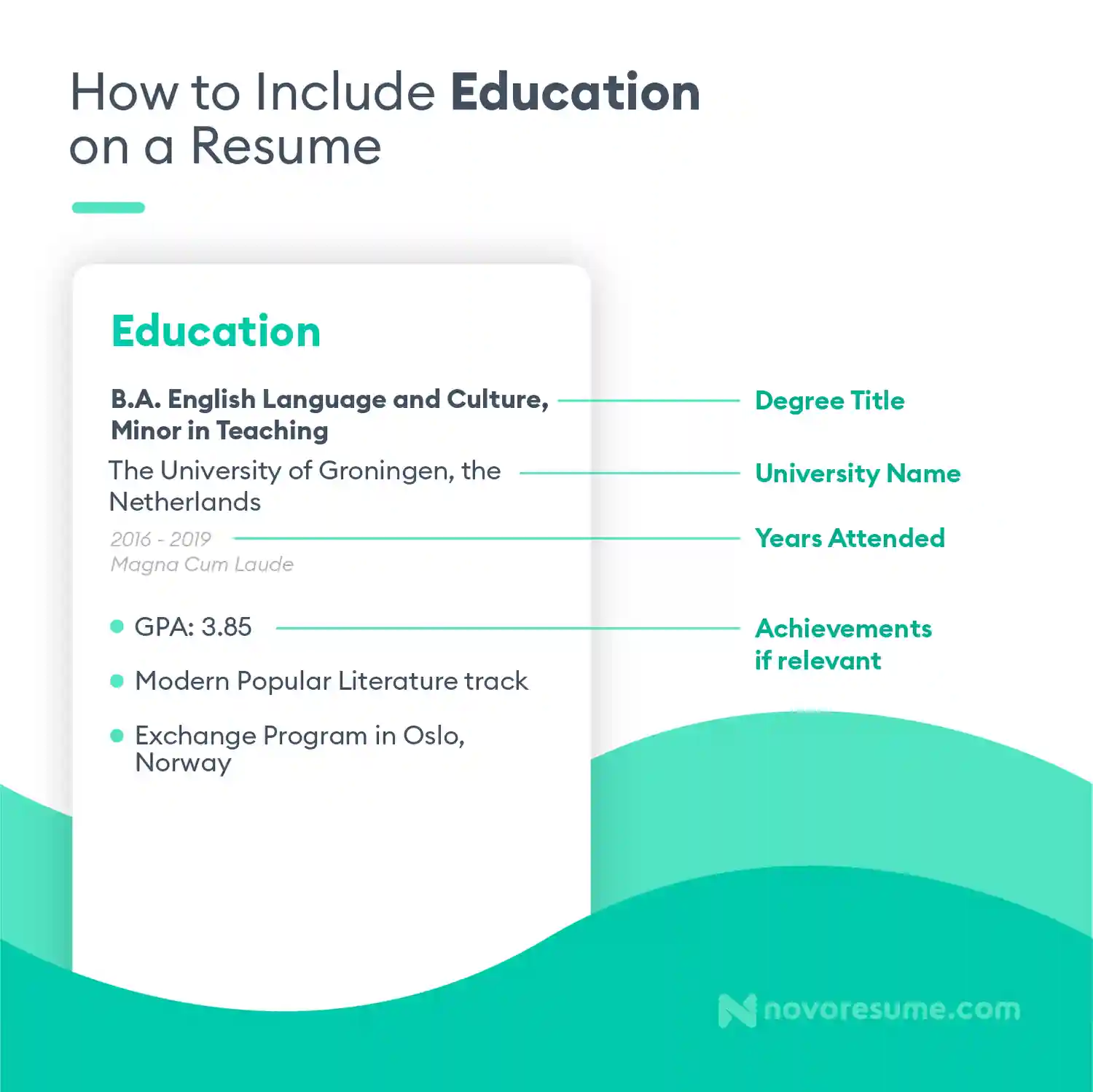
April 26, 2025
How to List Education on Your Resume
Discover the best ways to showcase your education on a resume for maximum impact. Land your dream job now!
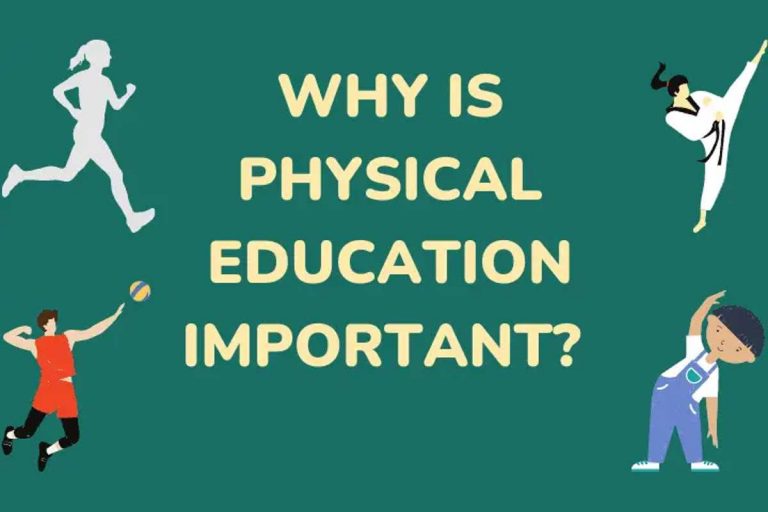
April 25, 2025
Why Is Physical Education Important?
Learn why physical education is essential for health, academics, and personal growth. Get inspired to stay active!
